1. Hattie McDaniel
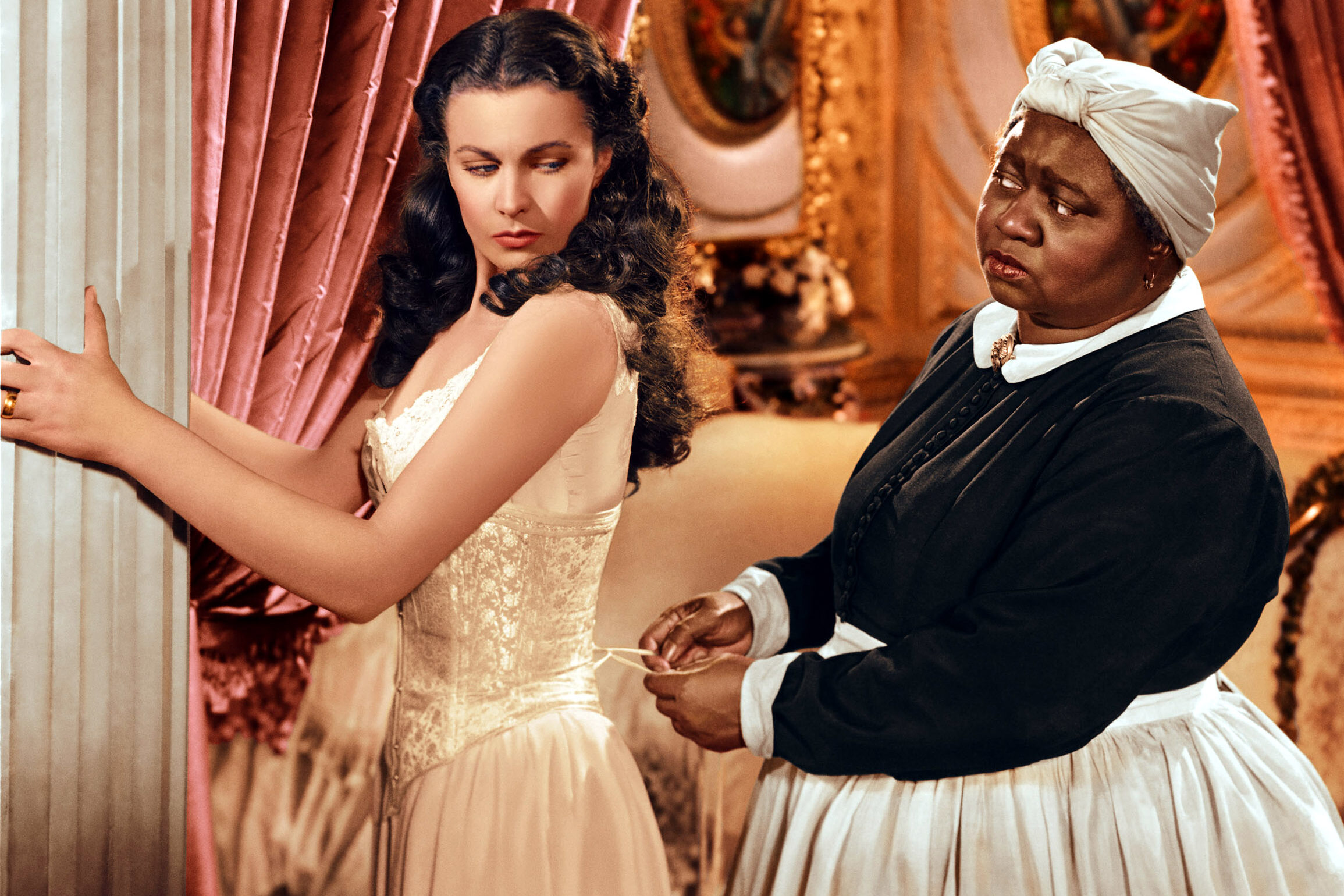
Hattie McDaniel broke barriers as the first African American to win an Academy Award, earning the honor for her role as Mammy in Gone with the Wind in 1939. Her portrayal was both celebrated and critiqued—a duality that reflected the limited opportunities for Black actors in Golden Age Hollywood. McDaniel’s achievement paved the way for future generations, yet she faced discrimination even at the Oscars, where she was seated at a segregated table. Beyond her historic win, McDaniel appeared in over 300 films, though she was often relegated to stereotypical roles as maids or cooks. Despite this, she brought depth and dignity to every character, challenging the one-dimensional portrayal of Black characters prevalent at the time.
Off-screen, McDaniel was a trailblazer for civil rights within the entertainment industry. She became a symbol of perseverance, advocating for more substantial opportunities for Black performers. McDaniel also used her platform to support Black communities, hosting events and participating in civic organizations. However, her legacy is complicated by criticism from some contemporaries who felt her roles reinforced harmful stereotypes. Still, her undeniable talent and resilience opened doors that had long been closed to Black actors. Learn more about Hattie McDaniel’s impact here.
2. Sidney Poitier
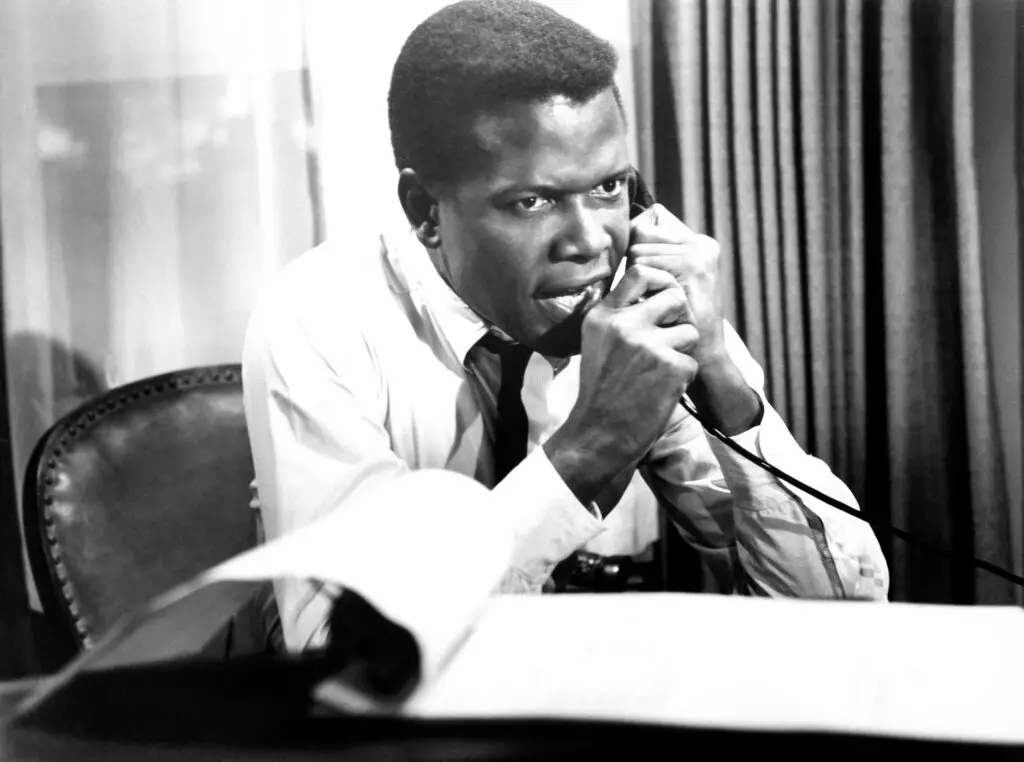
Sidney Poitier redefined what it meant to be a leading man in Hollywood. Making his mark in films like The Defiant Ones and Lilies of the Field (for which he became the first Black man to win an Academy Award for Best Actor), Poitier’s performances shattered stereotypes and showcased the depth of Black talent. His characters were often dignified, intelligent, and complex—a stark contrast to the caricatures often seen on screen. By choosing roles that transcended racial stereotypes, Poitier set a new standard for representation in cinema.
Beyond his acting career, Poitier’s presence in Hollywood during the civil rights movement carried immense significance. He often spoke out against racism and was deeply involved in the fight for equality, using his fame to promote change. Poitier’s trailblazing career inspired countless actors and proved that Black artists could achieve critical and commercial success. Even today, his contributions remain a cornerstone of cinematic history. Read about Sidney Poitier’s achievements here.
3. Dorothy Dandridge
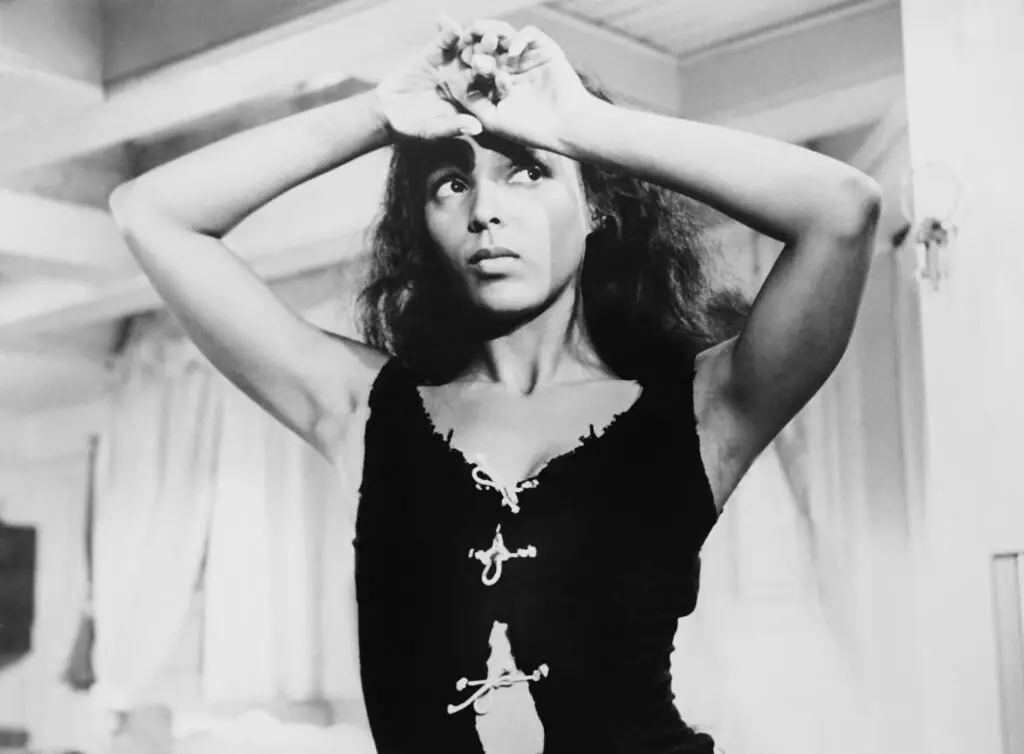
Dorothy Dandridge was a groundbreaking actress who became the first Black woman nominated for an Academy Award for Best Actress for her role in Carmen Jones (1954). Her beauty, talent, and charisma captivated audiences, and she quickly became a symbol of glamour and sophistication. However, Hollywood’s systemic racism limited the roles available to her, often typecasting her as an exotic beauty rather than a versatile performer. Dandridge’s career was a testament to her resilience as she navigated an industry that often marginalized her.
Off-screen, Dandridge’s life was marked by challenges, including financial struggles and personal hardships. Despite these obstacles, she remained a trailblazer, paving the way for Black actresses to follow. Her legacy endures as a reminder of the barriers she broke and the immense talent she brought to the screen. Explore Dorothy Dandridge’s story here.
4. Paul Robeson
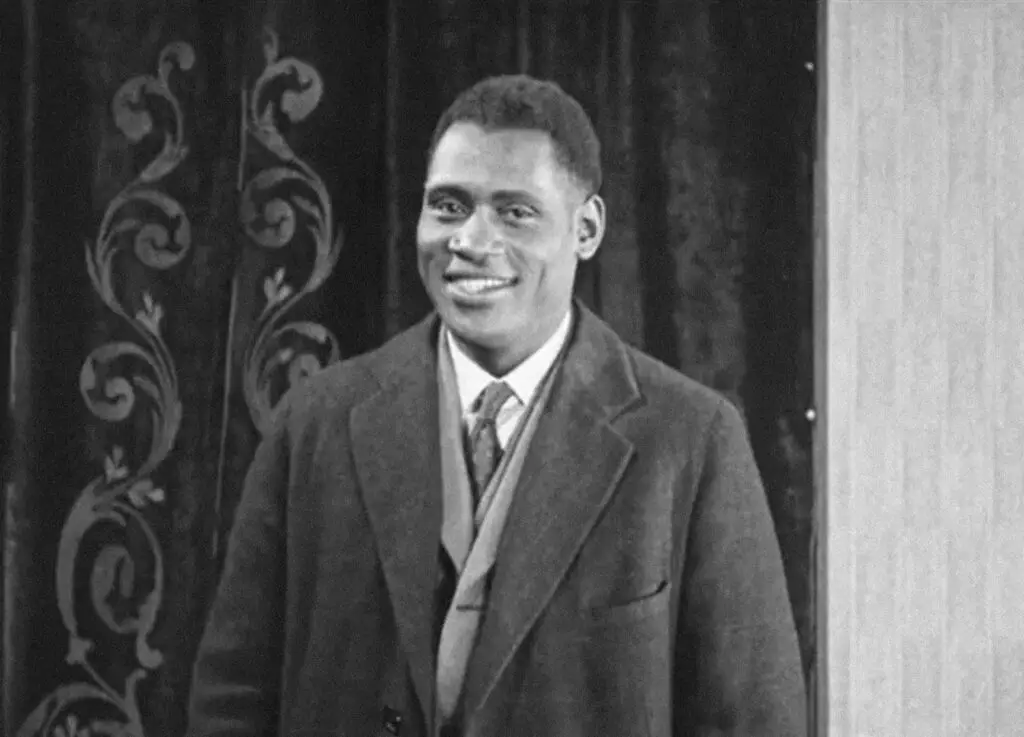
Paul Robeson was a Renaissance man who excelled as an actor, singer, and activist. In the 1930s and ’40s, Robeson’s performances in films like Show Boat and The Emperor Jones showcased his immense talent and magnetic screen presence. However, his refusal to accept stereotypical roles often put him at odds with Hollywood’s power structure. Robeson’s insistence on portraying dignified and complex Black characters made him a pioneer in an era when such opportunities were rare.
Robeson’s activism was as significant as his artistic contributions. A staunch advocate for civil rights and social justice, he used his platform to speak out against racism and inequality. His political views and outspokenness led to him being blacklisted during the McCarthy era, effectively ending his film career. Despite this, Robeson’s legacy as a trailblazer and advocate for human rights remains deeply influential. Discover more about Paul Robeson’s legacy here.
5. Lena Horne
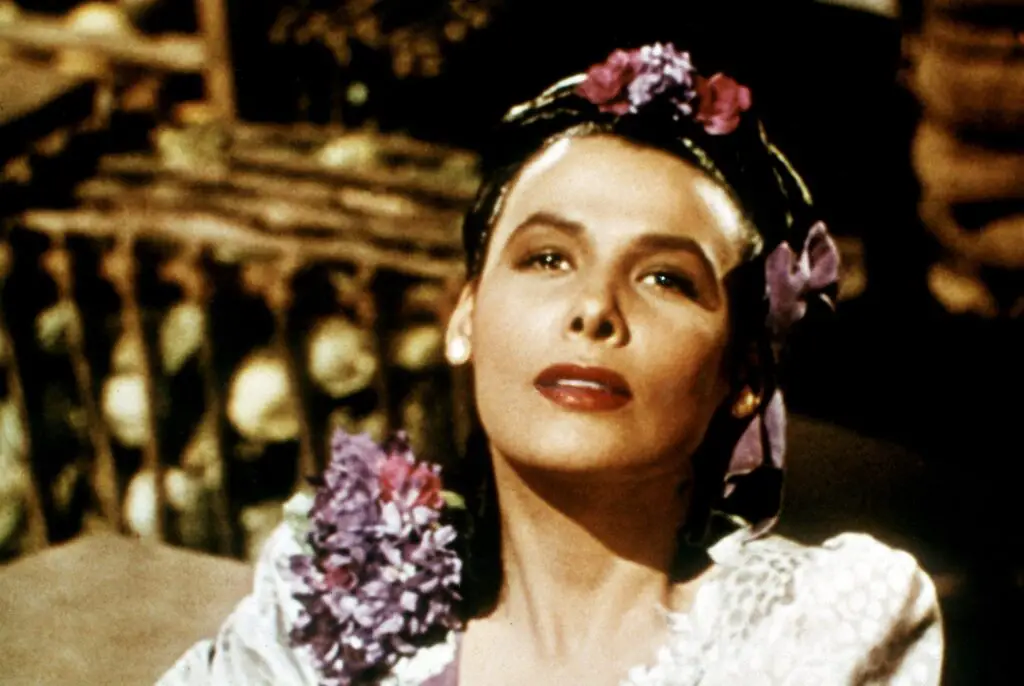
Lena Horne was a triple threat: a stunning actress, a talented singer, and a dedicated civil rights activist. Breaking into Hollywood in the 1940s, she became one of the first Black actresses to sign a long-term contract with a major studio, MGM. Horne’s roles in films like Stormy Weather and Cabin in the Sky were groundbreaking, as she refused to play the stereotypical roles often assigned to Black women. Her elegance and poise challenged the racist norms of the era, making her a beloved figure in entertainment.
Horne’s activism was intertwined with her career. She used her platform to speak out against segregation and racism, often refusing to perform for segregated audiences. Horne’s impact extended far beyond the screen, as she became a symbol of pride and resilience for the Black community. Her legacy continues to inspire performers who follow in her footsteps. Learn about Lena Horne’s contributions here.
6. Rex Ingram
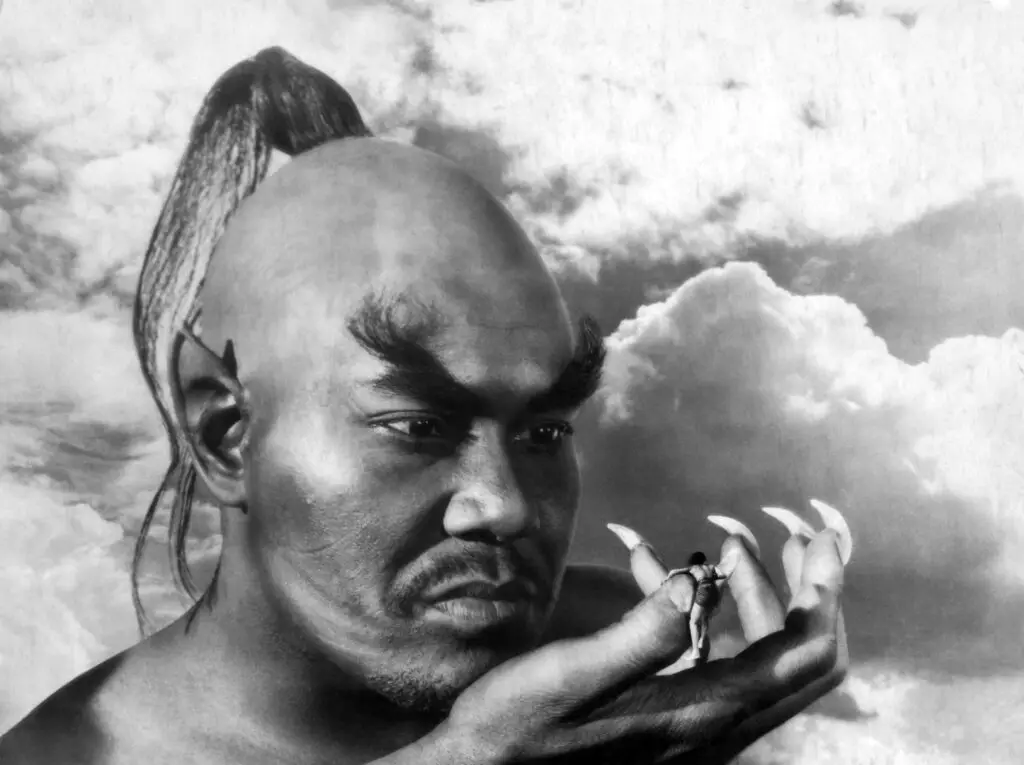
Rex Ingram brought a commanding presence to the screen in films like The Green Pastures and Cabin in the Sky. Known for his deep voice and towering stature, Ingram’s performances often exuded authority and gravitas. While many of his roles were confined to religious or subservient characters, Ingram imbued them with dignity and complexity. His portrayal of De Lawd in The Green Pastures remains one of his most iconic performances, highlighting his ability to elevate even the most constrained roles.
Ingram’s career reflected the challenges faced by Black actors in Hollywood’s Golden Age. Despite the limitations, he left an indelible mark on the industry, earning respect for his talent and professionalism. Ingram’s work laid the groundwork for future actors to demand more substantive roles and greater representation. His contributions remain a vital part of Hollywood’s history.
7. Louise Beavers
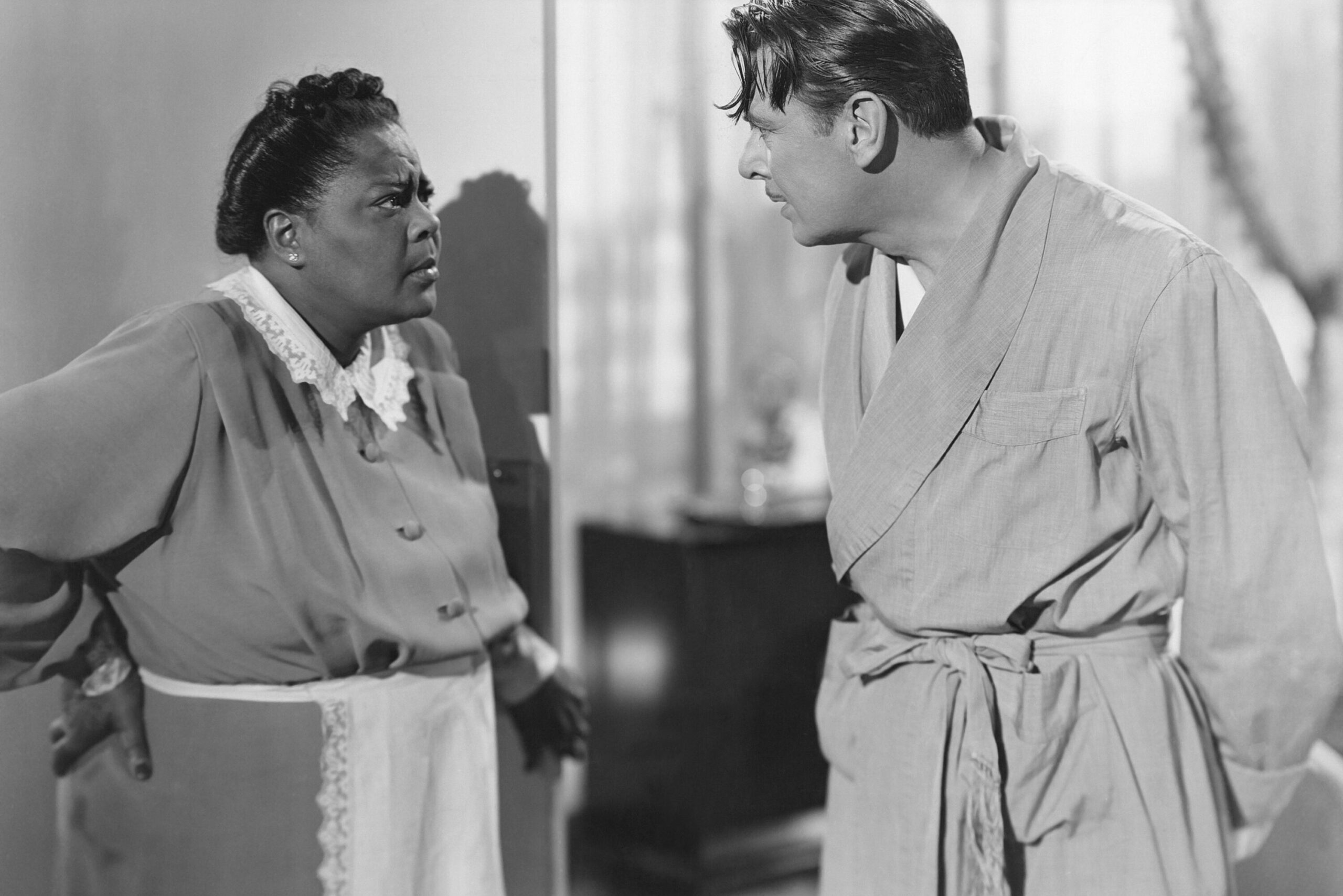
Louise Beavers was a prolific actress whose career spanned over three decades. Best known for her role in Imitation of Life (1934), Beavers delivered a powerful performance that explored the complexities of race and motherhood. Despite the film’s success, she, like many Black actors of her time, was often cast in maid or servant roles. However, Beavers’ ability to bring warmth and humanity to these characters earned her widespread admiration.
Off-screen, Beavers advocated for better roles and opportunities for Black performers. She was a mentor to younger actors and used her influence to challenge Hollywood’s systemic racism. Beavers’ enduring legacy is a testament to her talent and determination in an industry that often sought to marginalize her contributions. Her work continues to be celebrated as a cornerstone of Black representation in Hollywood.
